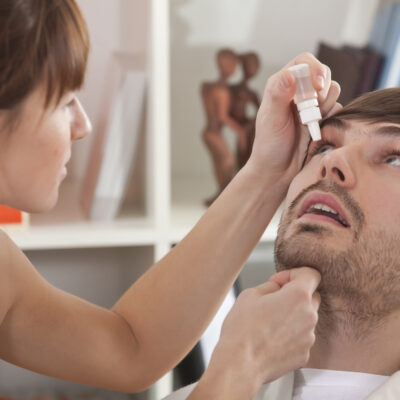
Reasons why one experiences itchiness
The medical term for the feeling of itchiness is called pruritis and the phenomenon is a normal response of the body. It is performed to protect and shield us from any kind of damage or injury either internally or externally. It could be a one time, intermittent, persistent or a non-stop sensation. Itching can be caused by multiple reasons and at times can be a symptom of an underlying illness, an allergy rash, or a psychological illness. A careful observation of when and how the itch starts can help identify the cause.
What causes itching of the skin?
- Dry skin: Winter or dry weather can cause an itch. This is the most common cause of itch in men, women, and children.
- Rashes: Most rashes which form as a result of bacterial and fungal infection for e.g. athlete’s foot can cause acute itchiness.
- Bug bites: Bite from bugs like mosquitoes, spider or bed mites, body, and hair lice also can cause an itch.
- Atopic dermatitis: These dry, scaly, itchy patches are more likely to develop in kids who have asthma or food allergies.
- Contact dermatitis: An itchy rash which develops when our skin comes into contact with certain chemicals, detergents, pollen, foliage like ragweed or poison ivy, and even jewelry and cosmetics.
- Hives: Allergies, exposure to heat, stress can cause welts from under the skin causing bumps which are extremely itchy.
- Worm infestation: Pinworms lead to a common worm infestation in the intestines can result in itching in the anus. This is highly contagious.
- Psoriasis: In this condition, an overactive immune system produces too many skin cells resulting in scaly patches that are very itchy.
- Pregnancy and menopause: Hormonal changes in expectant mothers and menopausal women can cause itching.
- Lack of proper hygiene: People who are unable to reach and wash parts of their body are affected by dermatitis neglecta — a skin condition which develops over a period of time. People with restricted mobility are affected by this.
- Medication: Many medications used to treat illnesses can result in itchy skin. ACE Inhibitors, estrogen, diuretics, opioids and medication used during surgery can cause itching.
- Side effect: Itching can also be a side effect of dialysis, chemotherapy and, radiation.
- Symptoms of an illness: Unexplained itching can be symptoms of diseases of the kidney and liver, or an overactive thyroid, HIV, Hodgkin’s disease, and iron deficiency. Doctors will need to run tests to rule out or identify any of the underlying causes.
Psychological causes
Sometimes individuals face an urge to violently scratch themselves, to the extent of bruising, without a rash or any skin condition or illness. This could be an indication that the person is exhibiting symptoms of depression, OCD, psychosis, or anxiety
Diagnosis of the cause of itch will be done with a careful understanding of the beginning, duration, occurrence, longevity, and prevalence of symptoms. A thorough physical exam, blood tests, thyroid tests, and skin tests are basic tests for diagnosis. A biopsy of the skin will be done to check for infections. Dermatologists will begin the treatment based on the severity and the general health condition of the affected persons.


